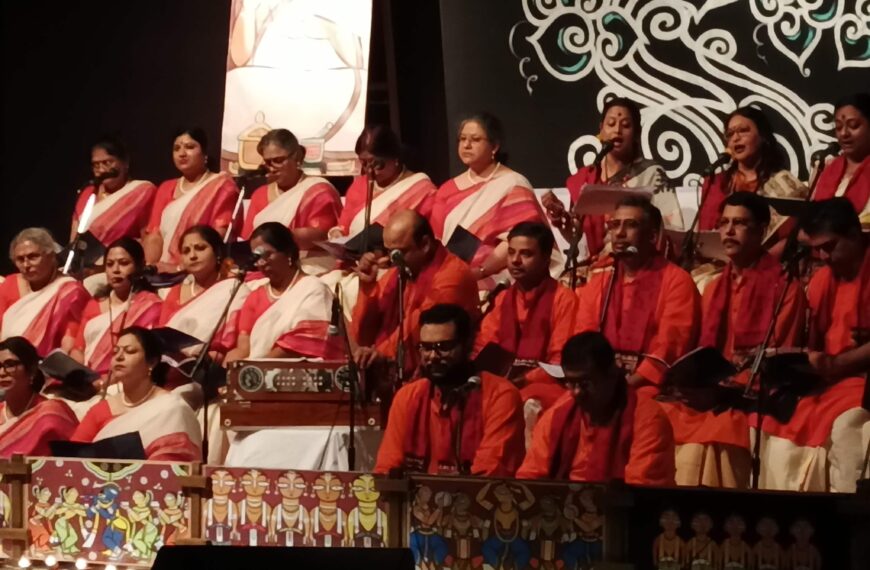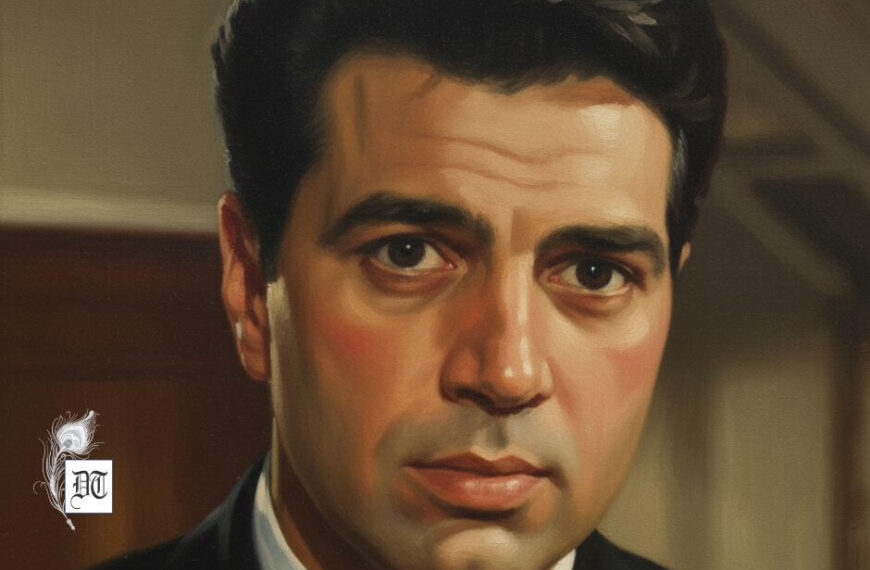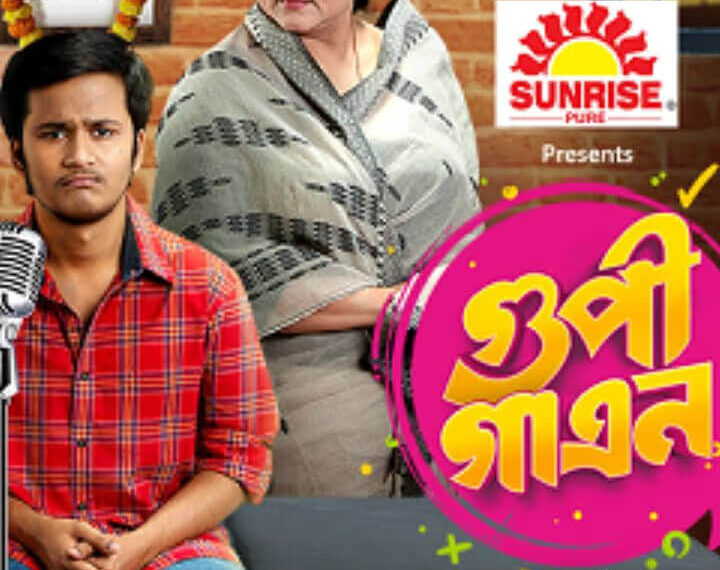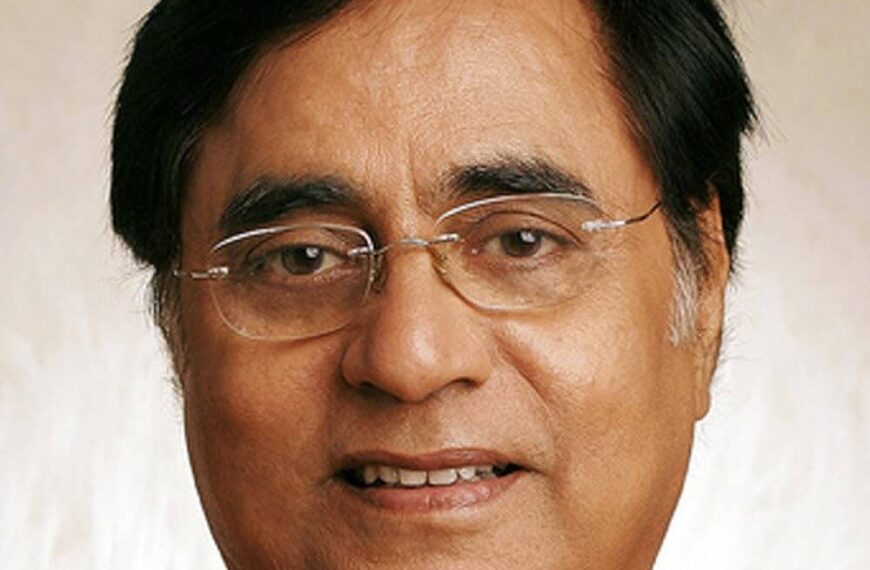Samina profiles Mohammad Rafi, the versatile singer, who won the hearts of one and all with his soulful rendition. Read more in the regular column, exclusively in Different Truths.
Where do I start? When I researched on Rafi Sahib I realised that so many legendary figures of Bollywood, authors, and writers had written so much on the versatile singer that many essays on him seem sheer poetry. A man with this aura of divinity, a musical saint whose intense yet delicate fusion within the musical and poetical tapestry makes him tower over all singers and his goodness, simplicity, and humility make him stand apart as a person. Here my essay is an account of the benevolence showered on him.
Jinhe Naaz hai Hind par woh Kahan hein, the song resonates in your mind much after you’ve heard it and the pain and pathos it adds to the beautiful lyrics by Sahir, was by none other than Mohammad Rafi. He lived his songs, got into the soul of the lyrics and made them come alive. And that is the reason why Rafi mania shows no sign of abatement and today too after four decades, his voice finds a place in all generations in many parts of the world despite a change in tastes forms and tech gadgets which create music to the individuals liking.
 Mohammad Rafi was versatile, spontaneous, creative, and could modulate his voice to suit so many actors ranging from Raj Kapoor to Rishi Kapoor, Rajender Kumar, Dev Anand, Dharmendra, Jeetendra and Amitabh Bachchan. His impact on Hindi cinema was phenomenal. He was popular, loved and respected by his colleagues. Maana Dey once admitted in a candid interview, “…what Rafi could do what none of us could.so we never felt bad when he was preferred over us.” Rafi remains the most revered and most heard artist on internet and why from Birmingham to Banswara and Jerusalem to Jhumri Talaiyya, his birth and death anniversaries inspire several thousand musical tributes on stage, radio and television and people of all generations celebrate the occasions with the songs sung by him. A decade ago when outlook conducted a survey of the twenty most popular songs, it was Mann re tu kaahe na dheer dhare topped the charts.
Mohammad Rafi was versatile, spontaneous, creative, and could modulate his voice to suit so many actors ranging from Raj Kapoor to Rishi Kapoor, Rajender Kumar, Dev Anand, Dharmendra, Jeetendra and Amitabh Bachchan. His impact on Hindi cinema was phenomenal. He was popular, loved and respected by his colleagues. Maana Dey once admitted in a candid interview, “…what Rafi could do what none of us could.so we never felt bad when he was preferred over us.” Rafi remains the most revered and most heard artist on internet and why from Birmingham to Banswara and Jerusalem to Jhumri Talaiyya, his birth and death anniversaries inspire several thousand musical tributes on stage, radio and television and people of all generations celebrate the occasions with the songs sung by him. A decade ago when outlook conducted a survey of the twenty most popular songs, it was Mann re tu kaahe na dheer dhare topped the charts.
Born in Kotla Sultan Singh in Punjab, Rafi spent many years in Lahore before he came to Mumbai. The exposure to syncretic Punjabi Lahori cultures from his early days may have helped get his enunciation right, with stress and intonation as required. Be it Rang mera loot liya, where he says Raang in a typically Punjabi accent, to Humey kaale hein to kya hua dil waale hein in a typically Hyderabadi accent.
https://www.youtube.com/watch?v=ILgrhR9rjyM
Also, his songs spanned a vast range of musical genres from qawwali to bhajans, Nazms to folk songs, to peppy numbers with frenzy and energy with as much ease and enthusiasm. Be it heart wrenching Urdu Ghazal to festive song, like Govinda Aala re, and patriotic song like Hum laye hein toofan se kashti sambhal ke. When he sang a sad song you could cry, a love song could make temperature sore high and patriotic song would make your stand in respect for your country.
Shammi Kapoor’s spontaneity and flamboyance matched Rafi’s and the brilliance lay in the extra manic energy his voice exuded like in Chahe koi mujhe koi junglee kahe, in Junglee. It seemed as if he was the sheep who donned the wolf’s hide for Shammi Kapoor. They complimented each other superbly and added a hysteria to the songs. He sang rock and roll with ease and added the zing and despite being a teetotaller, has song the best liquor songs. He also sang songs in other languages including Konkani, Bhojpuri, Punjabi, Bengali, Gujarati, Telugu and Urdu.
Rafi Sahib had a legion of admirers, right from his contemporaries to many singers in later years, in fact Javed Akhtar said he was what “Michelangelo is to sculpture”. In the glamour world of film industry, where controversies are the order of the day, Rafi remained a simple humble and Salim Sahib said that the man had the Almighty’s grace on him. His voice is referred by many as the voice of God.
Khayyam said the tonal quality of most singers exhausts people after a certain period of listening but that is not so in Rafi’s case. The veteran composer asserts, “Rafi’s sunshine voice was a blessing to music and poetry since he brought alive the character with an ideal expression that stays in soul’s memory forever.”
Manoj Kumar shared a celestial experience when Rafi Saab at a private gathering impromptu sang a Bhajan at people request that Satya Sai Baba pointed out an ethereal aura of light that enveloped the humble singer’s body, while he sang in a meditative trance.
https://www.youtube.com/watch?v=-SIE55SFylI
While Khayyam signifies Rafi’s singing was emotionally gratifying, music director Pyarelal ascribes the universal esteem to his divine prowess. Pyarelal informs music experts have long contended, “Lata Mangeshkar, Asha Bhosle, Kishore Kumar and Manna Dey as great singers but they have always bracketed Rafi Sahab in a superior category as ‘God’s Own Voice’.” Pyarelal explains, “Rafi Sahib’s expression came from the soul and not the throat as he was a human being par excellence, a Farishta (Divine Spirit).” Perhaps, Pyarelal is not wrong since just as saints provide vision and succour to weary souls, Rafi’s soulful renditions have endowed listeners around the globe with hope, strength, happiness and contentment. He always had a smile and a sublime aura of serenity that was unique to his persona alone.
Rafi Sahib was snatched away from us very rudely and abruptly at the age of 55 but his voice binds generations and he is alive with us even today. He is present everywhere with his voice endowed with texture, finesse, and range which are akin to marvels of nature. The Government of India had declared a two-day public holiday in his honour.
©Samina Naqvi
Photos from the Internet
#HindiArtist #MdRafi #IndianSinger #Bollywood #IndianVocalist #Cinemascope #DifferentTruths




 By
By

